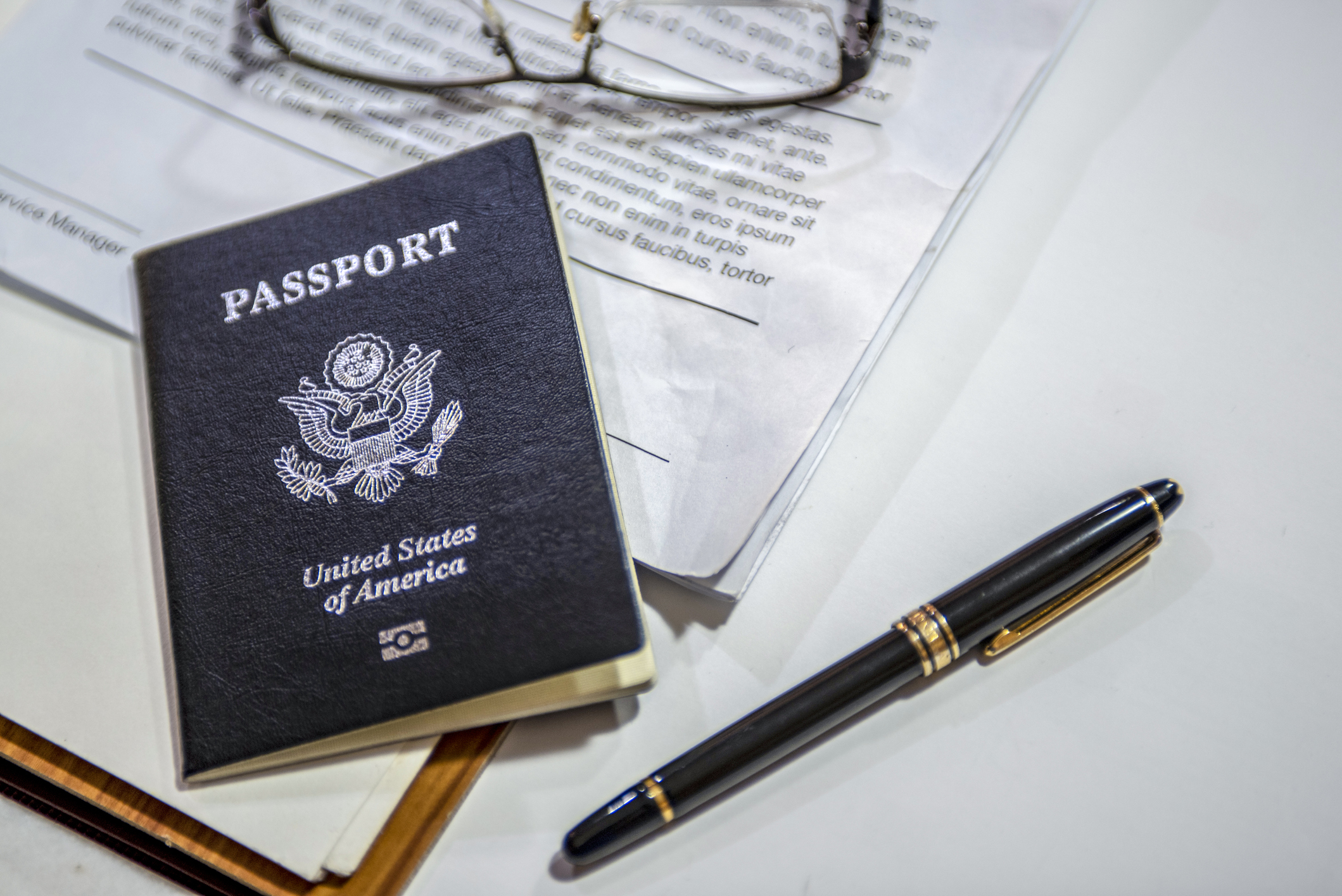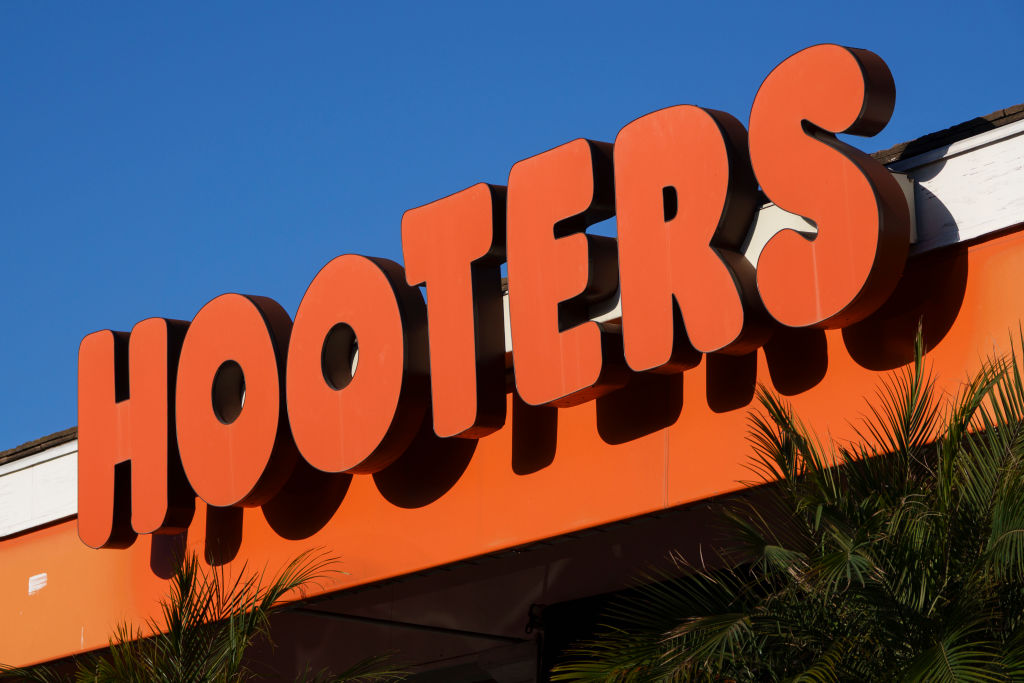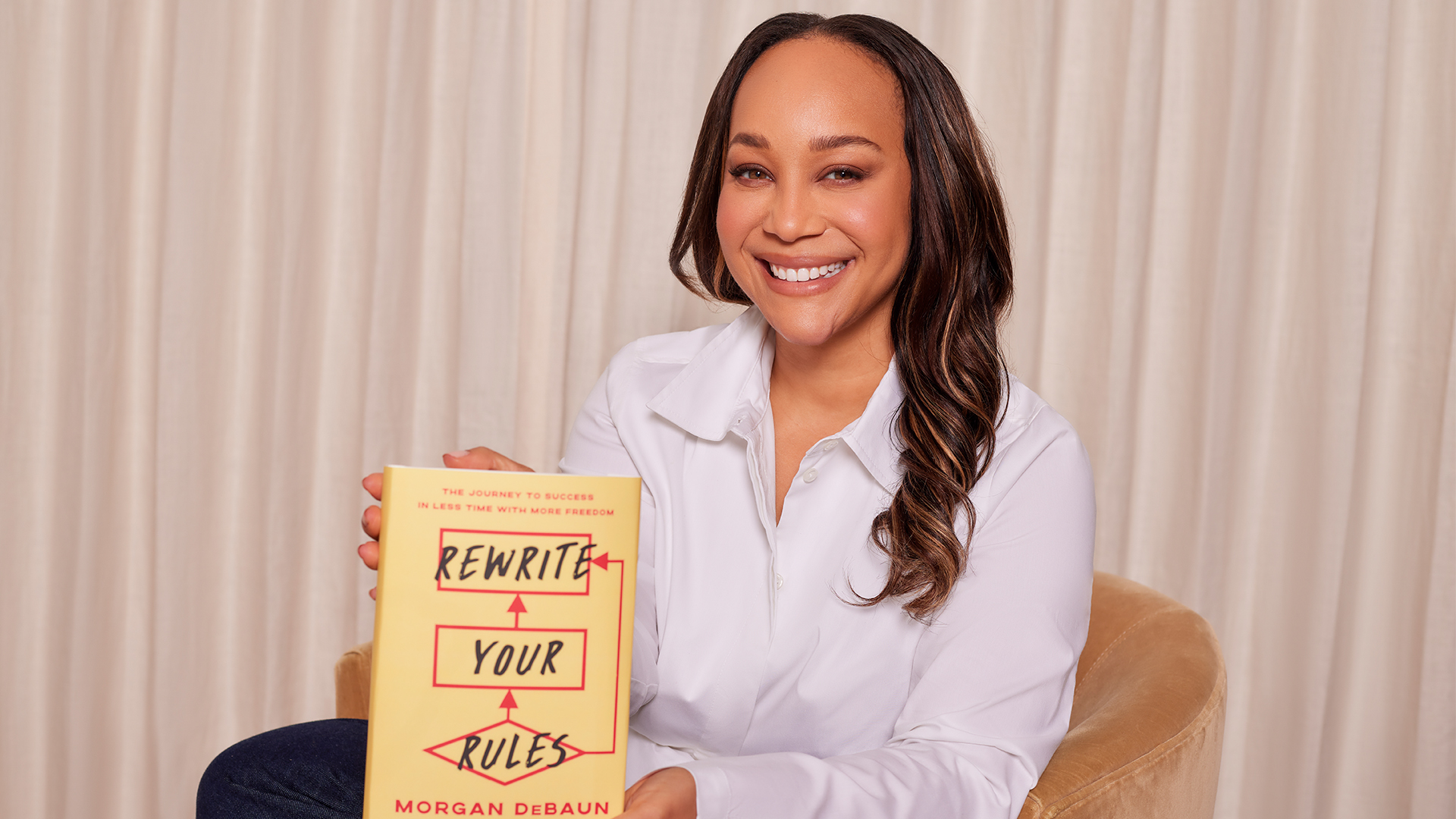A venture capital firm founder has launched a lawsuit against PayPal, alleging that the company’s diversity and equity program excluded her because she is Asian.
Nisha Desai, the founder of Andav Capital, claims she applied for consideration in a $530 million financial commitment PayPal announced in 2020 to support Black- and minority-owned businesses, TechCrunch reported. However, she asserts that she was overlooked due to her Asian heritage, as the program primarily focused on supporting Black- and Hispanic-led enterprises.
“Funds majority-owned by individuals of other races, including Asian Americans, are not given equal consideration,” Desai stated in the New York lawsuit, per the outlet. “Worse, PayPal and its senior management have repeatedly trumpeted the program’s focus on race, bragging in statements and press releases that PayPal’s program is for some races and ethnicities and not others.”
Desai claims that PayPal has violated Section 1981 of the Civil Rights Act of 1866, arguing that the company’s “racially exclusionary investment program” goes against New York state and city laws that ban racial discrimination.
Desai launched Andav Capital in 2018 to invest in early-stage, tech-enabled companies and has funded at least 13 companies.
According to her lawsuit, she alleges that she had multiple meetings with executives at PayPal and its venture arm, PayPal Ventures, regarding her qualifications for receiving a financial grant, per TechCrunch.
Desai claims that PayPal’s head of public policy and research clearly stated during a July 2020 meeting that the program prioritizes Black- and Hispanic-led firms “over other races and ethnicities, including Asian Americans.”
She argues that her rejection from PayPal’s investment program cost her firm “vital capital worth millions of dollars.”
“Even today, PayPal continues to make the same race-based claims,” the suit stated, per TechCrunch. “In total, PayPal invested $100 million in 19 venture capital firms led by ‘Black and Latinx managers’ but announced not $1 of funding to Asian-American woman-led funds — despite their demonstrated interest and fit. … To PayPal and its executives, Asian Americans might be minorities, but they’re the wrong kind of minority. PayPal has not announced an end to the program.”
Consovoy McCarthy, a conservative legal firm known for challenging race-based programs, is representing Desai. Patrick Strawbridge, a partner at Consovoy McCarthy, told the outlet that PayPal’s actions amounted to discrimination based on race, which he described as “antithetical to our laws and to the very spirit of the alleged purpose of PayPal’s program.”
Strawbridge continued, “PayPal was a leader in the market and others followed suit, despite Ms. Desai’s pleas for them to treat her fairly. We look forward to proving her case and achieving justice in court.”
PayPal spokesperson Taylor Watson declined to comment on the case, citing pending litigation, according to TechCrunch.
Consovoy McCarthy, in collaboration with Edward Blum, previously sued Harvard University and the University of North Carolina in 2022 over race-based admissions, contributing to the Supreme Court’s overturning of affirmative action in education, the outlet shared.
Blum went on to launch the American Alliance for Equal Rights (AAER), a nonprofit organization dedicated to contesting distinctions made based on race and ethnicity in federal and state courts.
As previously reported by AFROTECH™, Blum and AAER filed a lawsuit against the Black-women-led venture firm Fearless Fund in August 2023 regarding its Strivers Grant Program, which provided $20,000 in grants and mentorship to businesses owned by women of color.
Blum and AAER alleged that the program discriminated against white and Asian Americans by exclusively awarding grants to Black women. The lawsuit accused the firm of “explicit racial exclusion” and claimed it violated the Civil Rights Act of 1866.
Initially, U.S. District Judge Thomas W. Thrash supported Fearless Fund, which was led by CEO Arian Simone and COO Ayana Parsons, though Parsons stepped down in April 2024.
However, on Sept. 30, 2023, the U.S. Court of Appeals for the 11th Circuit approved a temporary injunction requested by Blum, which prohibited Fearless Fund from distributing grant funding.
The firm appealed the ruling and sought to have the injunction lifted, but it was upheld on June 3, 2024. As AFROTECH™ reported in September 2024, AAER and Fearless Fund settled the matter, and the lawsuit has been dismissed, with Fearless Fund discontinuing its Strivers Grant Program.
“This is a WIN and positive outcome for the Fearless Fund and our community,” Fearless Fund said of the lawsuit’s dismissal, according to AFROTECH™. “We strategically avoided a Supreme Court ruling (the deadline to appeal our appeal has passed) because a ruling not in our favor at the Supreme Court would’ve ended minority based funding across the country and that would not be wise, we have already seen the Supreme Court ruling for the colleges end affirmative action for all colleges in schools and admissions.”

















